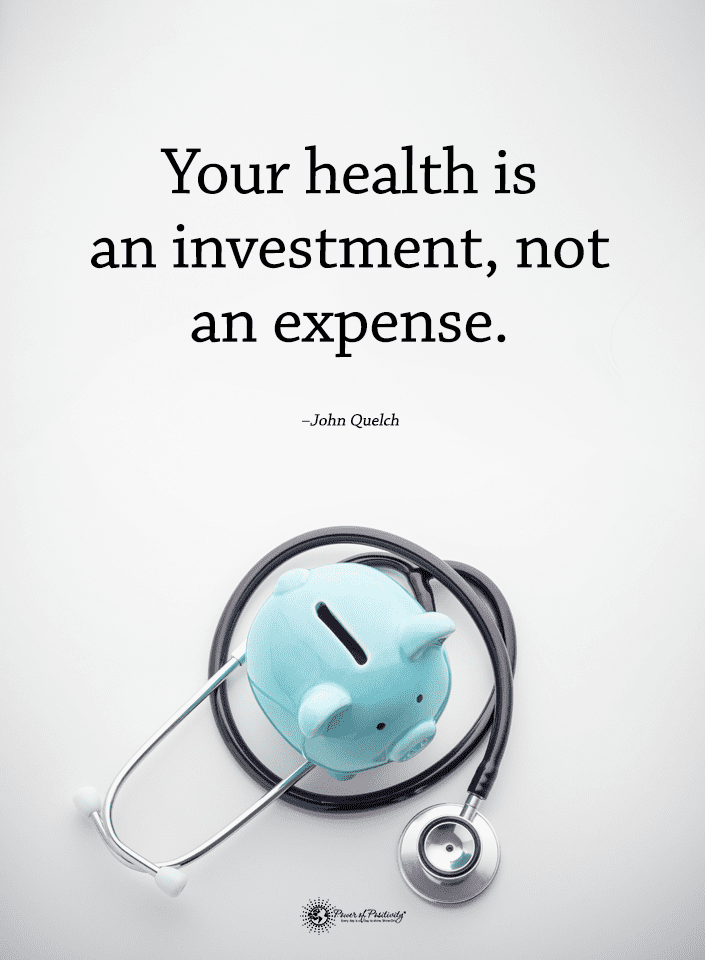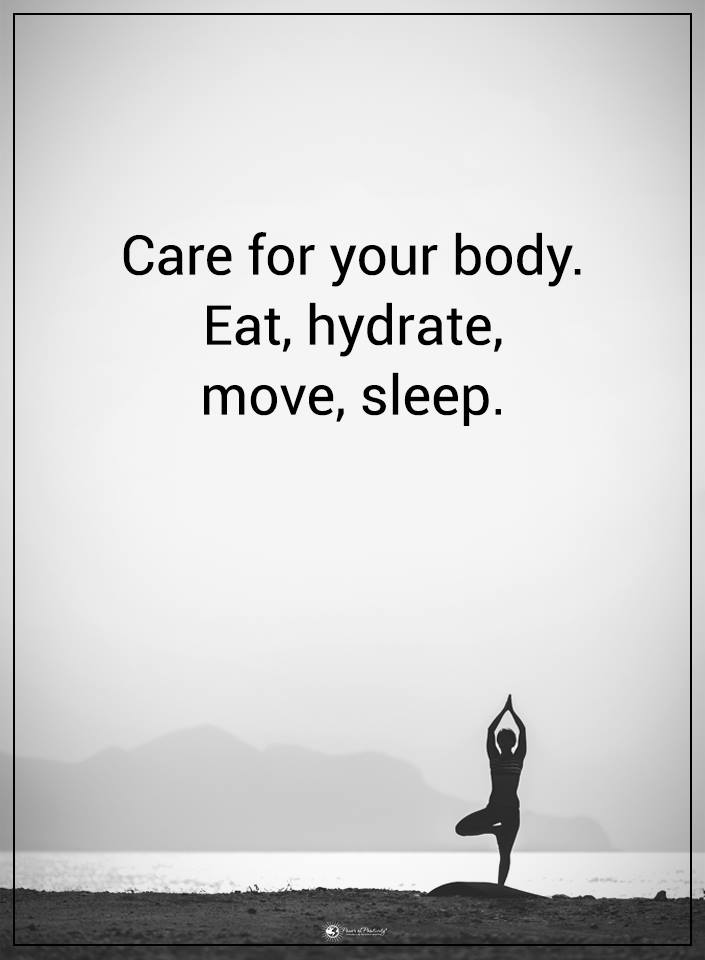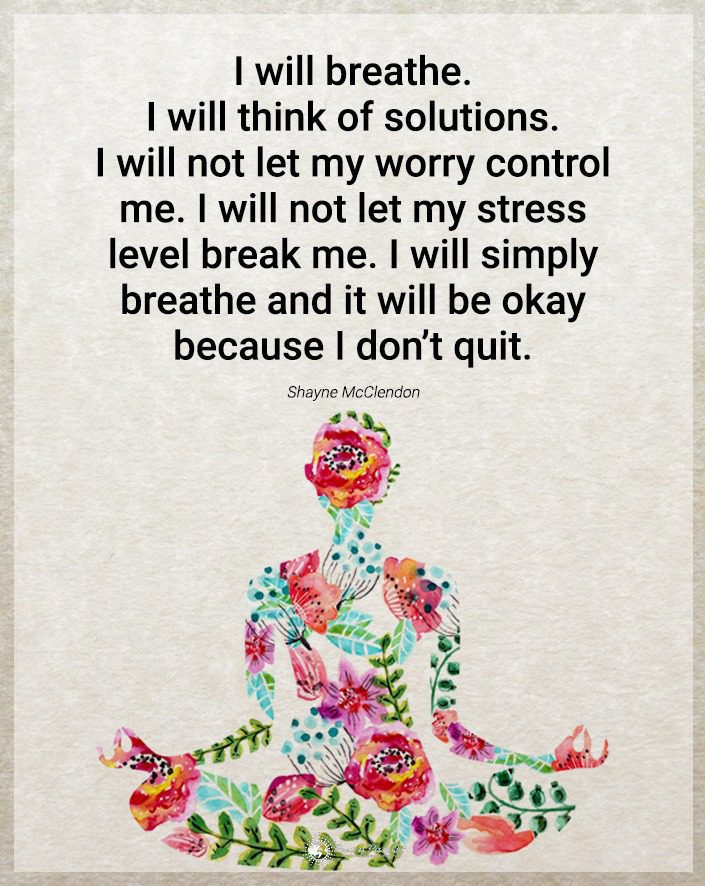Inflammation is becoming one of the most prolifically studied conditions. In fact, doctors want to learn more for a good reason. Scientists and medical experts are linking chronic inflammation with a variety of other ailments. Think of everything from obesity and heart disease to depression and diabetes.
Acute (short-term) inflammation is a vital physiological response; helping protect us from illnesses, infections, and injury. When this reaction is compromised, however, a number of health problems can manifest. Therefore, it is important to understand what triggers chronic (long-term) inflammation – and how to counteract it.
We’re well aware by now that regular consumption of sugar; along with alcohol, dairy, and fried or processed foods, are among the main culprits of chronic inflammation. But there are other, lesser-known agents of chronic inflammation. We discuss five sources that fit this description.
Here are five things that cause chronic inflammation:
Chronic inflammation – this means long-term inflammation, which can last for several months and even years. It (results) from (failure) to eliminate whatever was causing an acute inflammation. (The) immune system attacks healthy tissues, mistaking them for harmful pathogens. –Medical News Today
1. Agave nectar
Agave nectar is (highly) marketed as a “natural” alternative to sugar; one that is “diabetic-friendly” and “helps” to maintain blood sugar levels. Astonishingly, agave is not uncommon on the shelves of natural “health food” stores.
But there’s a problem with these claims: they’re all false. Here’s why:
Agave is a natural plant that grows throughout Mexico and in some parts of the Southwestern United States. Mexicans have used the sap for several purposes, most recently as a sweetener. In the plant’s natural state, it does indeed have some health benefits.
But agave nectar is not a natural product – it usually undergoes rigorous processing. The processing of agave sap (the “sugary” fluid) exposes it to enzymes and heat; this kills most, if not all, of the plant’s health properties. The end product resembles notoriously-unhealthy sweeteners, including High Fructose Corn Syrup.
2. Frozen yogurt
Frozen yogurt contains two inflammatory ingredients: dairy and sugar. First is milk; which may boost hormone levels and is a common allergen. Sugar requires no further explanation relating to inflammation – it’s a potent trigger. Casein protein is another less-known inflammation trigger and is an ingredient in certain yogurt types.
However, some frozen yogurt varieties contain good stuff, such as probiotics and coconut milk. Typically, these will work fine for you. Just make sure to check the label.
3. Seitan
Seitan is a staple for vegetarians who crave a meat substitute. Unfortunately, we come bearing bad news – it’s made up almost entirely of wheat gluten. Melissa Wood, a nutrition expert in New York City, explains, “(Gluten) can trigger the immune system, causing inflammation in the intestinal tract.”
Inflammation in the GI tract can produce bloating, constipation, and even irritable bowel syndrome (IBS).
4. Peanuts
Peanuts are more of a “consume at your own risk” type of food. For most folks, a handful of peanuts here and there is a welcome treat (and they can provide a good amount of protein and nutrients.)
Peanuts, however, are among the most common allergens. Young children are especially susceptible to the allergic properties of nuts, as their immune systems are still developing. The autoimmune response in the young and allergic escalates quickly, which may cause a medical emergency.
Further, peanuts not produced, stored or transported correctly are susceptible to fungus, which can produce inflammatory responses.
5. Aspartame
Proliferating medical research leads companies to reduce or eliminate aspartame from their products.
Why?
First, aspartame is a neurotoxin – it poisons and destroys nerve tissue within the brain. Second, some people are highly sensitive to aspartame’s chemical properties. As a result, their immune system perceives the substance as a foreign threat and attempts to eliminate it. This response, as noted, triggers inflammation.
(Anyone else wondering how the heck this product is still LEGAL?)

Final Thoughts: Potential solutions to inflammation
Acute bouts of inflammation are usually easily treatable. Perhaps the most beneficial action a person can take is eliminating inflammation-producing foods. (There are many, so make sure to read up.)
Adequate exercise for at least three times weekly; thirty minutes each session. Besides that, maintaining a healthy weight helps keep inflammation at bay. Light exercise is fine – no intense training necessary.
Here is a list of common foods that make up an anti-inflammatory diet:
- Beans: Heavy concentration of antioxidants and fiber.
- Fish: Salmon, sardines, and tuna are rich in omega-3 fatty acids, which combats inflammation. Consume at least two servings of healthy fish per week.
- Fruits and vegetables: Leafy greens, cabbage, and broccoli in the veggie aisle; also look for blackberries, cherries, and raspberries in the fruit aisle.
- Nuts: Arthritis.org cites Almonds, pistachios, and walnuts as the best nuts to fight inflammation.
- Whole grains: Ditch the flour and ditch the gluten if they’re causing problems. Instead opt for fiber-rich whole grains such as brown rice, oatmeal, whole-wheat products, or unrefined grains.













